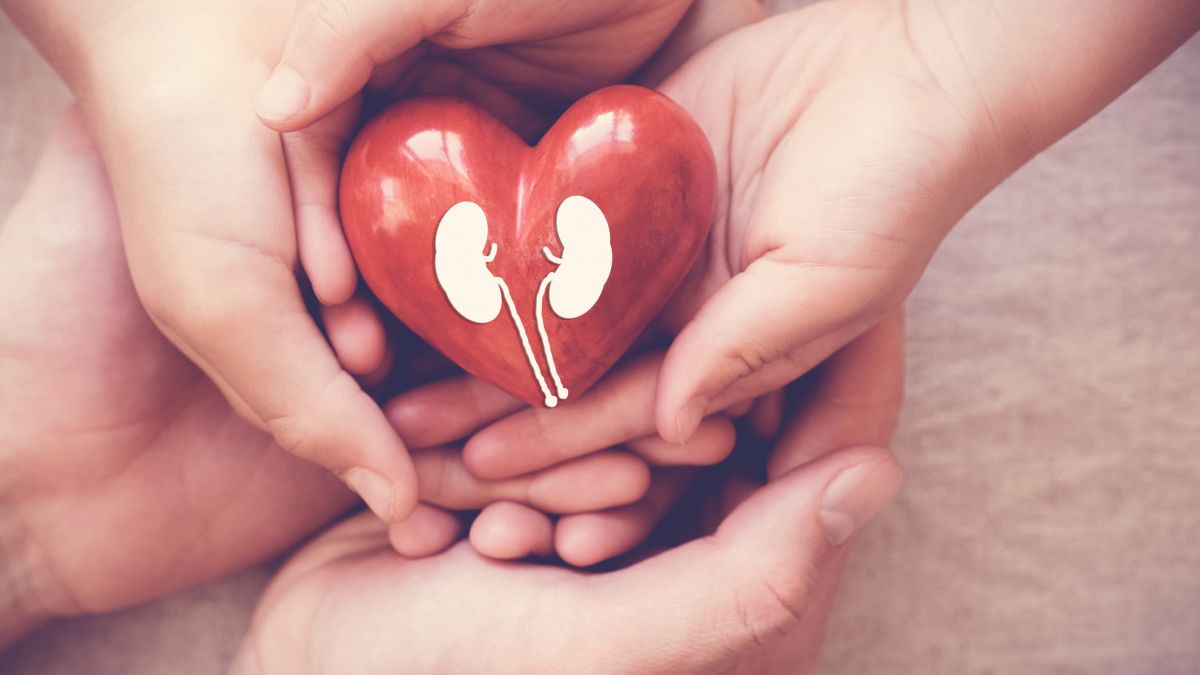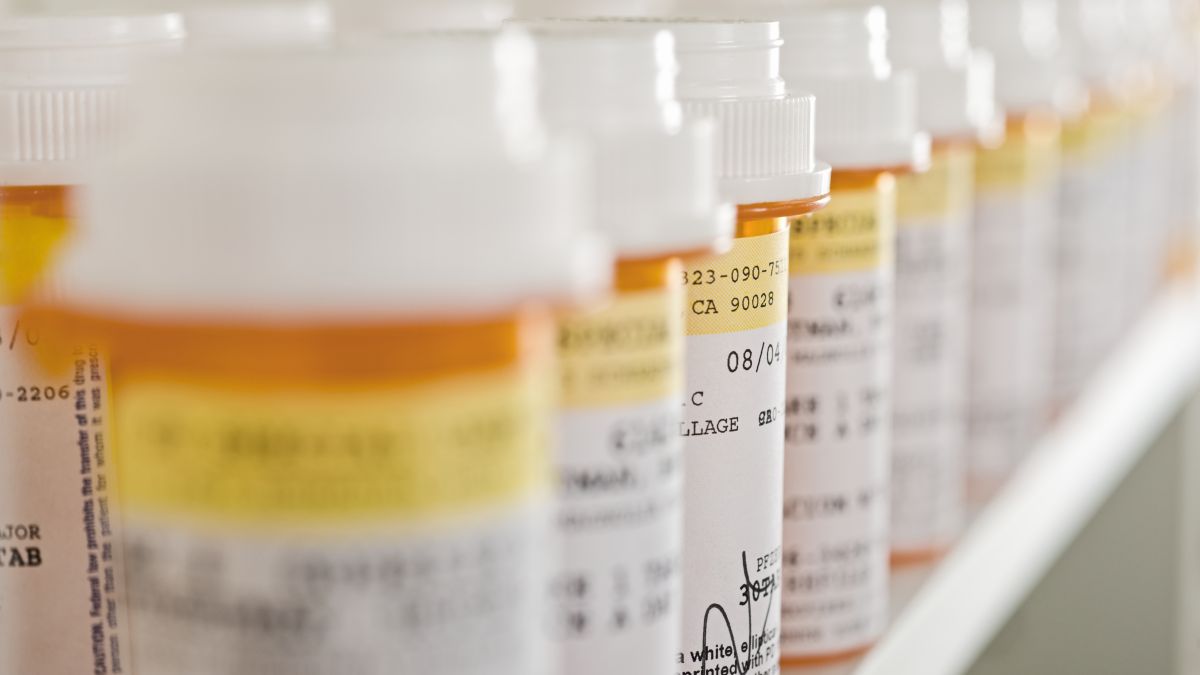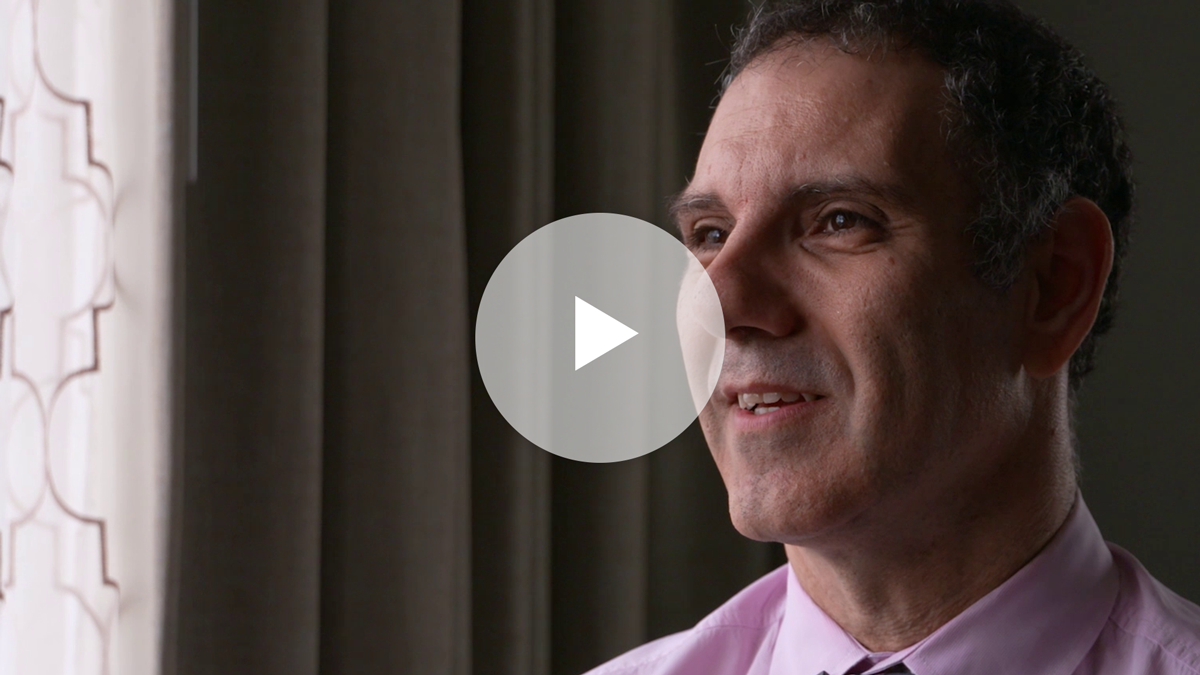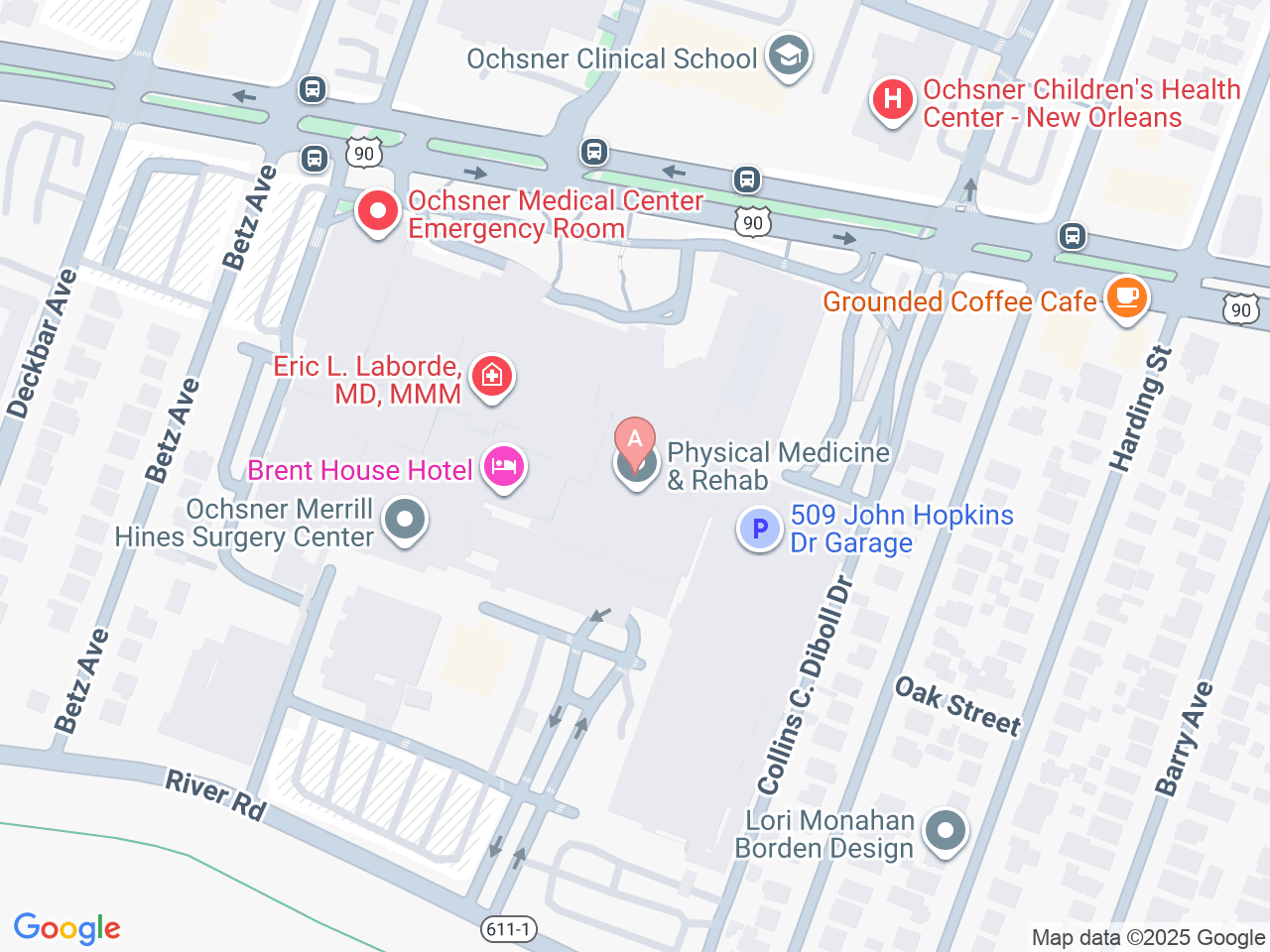Referral
The transplant process begins with a referral:
- Your physician or dialysis unit can refer you to Ochsner's kidney transplant program by phone, email, fax or mail.
- You may also call to refer yourself.
Your information will be reviewed and sent to our financial coordinator, who will contact your insurance company to make sure your transplant evaluation and surgery are covered at Ochsner. This clearance takes three to five days on average.
Once we have received financial clearance, a transplant registration receptionist will contact you to set up your initial appointments.
One-Day Transplant Work-Up
We know how important it is for you to be listed for transplant as soon as possible. We are able to complete most of your transplant work-up in one day.
Your transplant work-up, or evaluation, is just a fancy word for how we decide if a transplant is right for you. We look at three areas to decide if a transplant is right for you:
Medical: To make sure you are healthy enough for the transplant surgery and life after transplant.
Psychological and Social: To make sure you are prepared in your personal life for the lifetime commitments needed for a transplant.
Financial: To make sure you are financially ready for the lifetime costs of a transplant.
Your evaluation process includes:
- Group education session to learn general information about transplant
- Medical exam, tests and visits to determine if a kidney transplant is medically appropriate for you
- Individual meetings with team members to address your unique needs and questions
Your specific medical tests and visits are unique to you. Some common tests in the work-up are:
- Laboratory studies
- Diagnostic tests including but not limited to: chest X-ray, EKG, TB skin test, kidney ultrasound, CT scan of abdomen, cardiac stress test
- Gynecological exam and PAP smear for females
- Mammogram for women over 35 year of age
- Colonoscopy for patients starting at 45 years of age
- Consults with other specialists as needed
We encourage our patients to have tests done locally if possible. All tests should be done within one year of your initial appointment. Other tests may be needed based on initial test results or your medical history.
Our multi-disciplinary transplant team will determine what is needed to ensure transplantation is a safe option for the treatment of your medical condition(s). Transplant team members include: transplant surgeon, transplant nephrologist, advanced practice provider, nurse coordinator, social worker, financial coordinator, pharmacist, dietician and infectious disease specialist.
Listing
Once all medical tests have been completed, your case is presented to a committee to discuss your eligibility for a transplant. If it is decided that you meet the requirements, you will be placed on the list for transplant.
During your waiting time, you will be required to come in every six months to one year to meet with a physician and have updated testing. You will be required to send in a monthly blood sample to be tested for compatibility with any donors that may be available. Either you or your dialysis unit will need to send this blood to us every month.
Transplant
When a donor organ becomes available, you will be called and evaluated to decide if you are suitable for transplant at that time. A blood test will be performed to determine if you are a match with this particular organ. It is at this time that you will be asked to come to the hospital for the transplant surgery.
During the transplant surgery, you will be put under general anesthesia. You will also be placed on a machine to help you breathe. As with any major surgery, there are risks involved. The surgeon will explain the risks of surgery to you.
After the surgery, you will be taken to the Transplant Stepdown Unit (TSU) or the Intensive Care Unit (ICU) as your status permits. Immediately following surgery, you will experience pain. This will be carefully monitored and controlled. Most transplant patients have a significant reduction in pain within the first week after surgery.
Your length of stay in the hospital will depend on the rate of your recovery. You will remain in the hospital as long as your physicians feel hospitalization is necessary. Most patients stay in the hospital for about two to four days. The hospitalization time can vary depending on the severity of your illness prior to transplant or complications after surgery.
After Transplant
You will still be recovering after you leave the hospital. You will have some restrictions in your daily activities for the first six weeks. The transplant team will follow your progress during your recovery period.
You will need to be monitored on a long-term basis, so you must be available for examinations, laboratory tests and scans of your abdomen to see how well your transplanted kidney and/or pancreas are working. If you do not live locally, your transplant social worker will provide you with local housing resources to use during your one- to four-week stay after transplant, or until you are medically stable to go home.
The transplant team will see you regularly for three months after transplant. Every effort is made to transition your routine medical care to your primary care physician. You will be followed by the transplant team for life. For most patients, this involves frequent lab work and a yearly clinic visit. You will also continue to follow up with your regular doctors.















